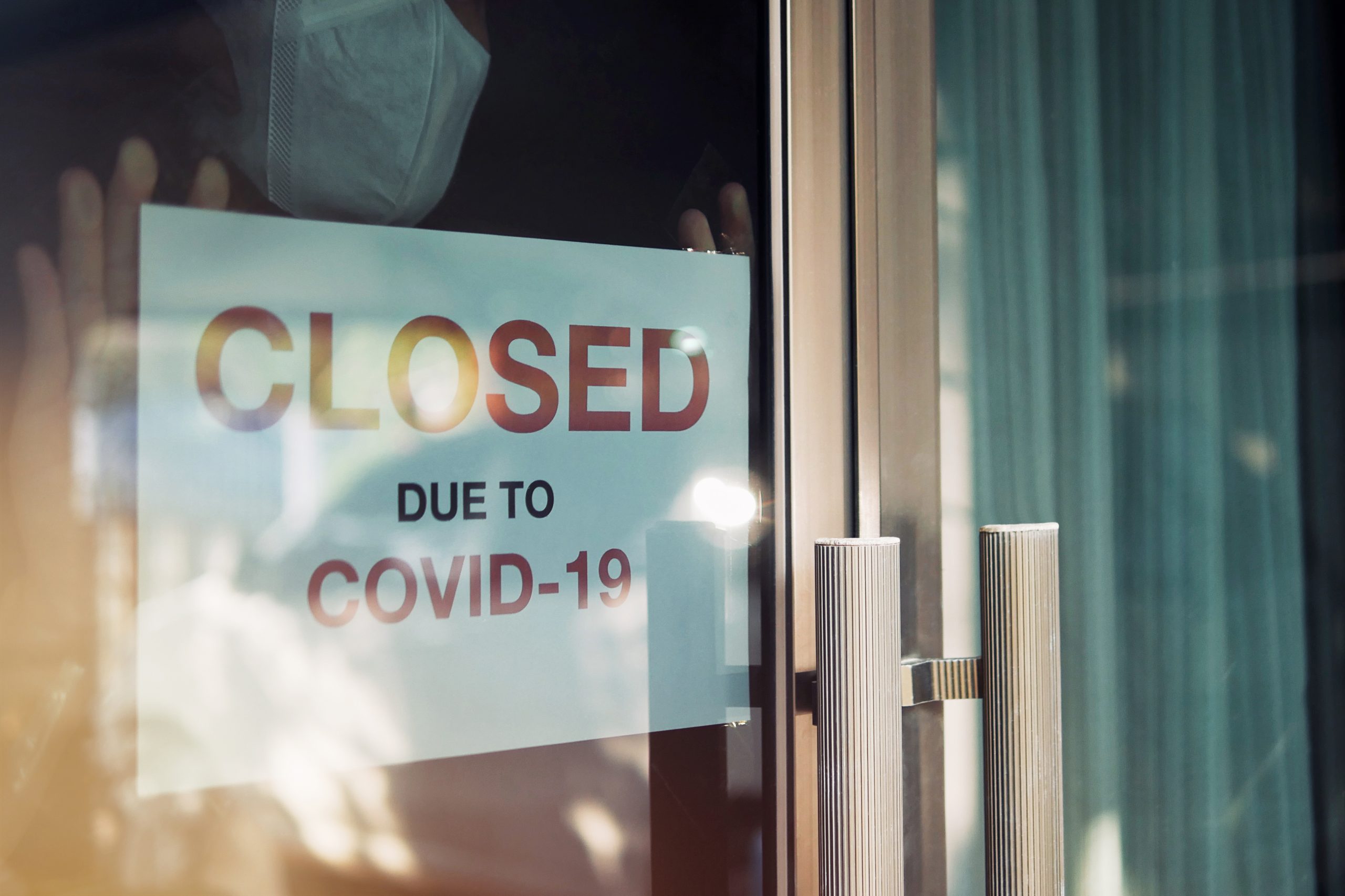Government Expands Relief for Small Businesses
Federal Government Expands Relief to Small Businesses as Response Efforts Continue Across Canada
 COVID-19 and the resulting economic shutdown has greatly impacted small businesses across the country. Early announcements from the federal government (and subsequent comments about gaps in federal support raised by stakeholder groups and opposition parties) are now being expanded to include those initially left out. As a result, two changes were announced today:
COVID-19 and the resulting economic shutdown has greatly impacted small businesses across the country. Early announcements from the federal government (and subsequent comments about gaps in federal support raised by stakeholder groups and opposition parties) are now being expanded to include those initially left out. As a result, two changes were announced today:
- Expanding eligibility for the Canada Emergency Business Account, making the program’s $40,000 interest-free loans available to businesses with payroll between $20,000 and $1.5 million. Loans can now be used to cover non-deferrable operating costs.
- The Canada Emergency Commercial Rent Assistance Program for small business. This program will provide loans, including forgivable loans to commercial property owners, who will lower or forego rent from small businesses for the months of April (retroactive), May, and June.
The rent assistance program requires a partnership with provincial and territorial governments and details of the program are still being confirmed. Similar to previous announcements, such as the wage top-up for essential workers, this initiative will require cooperation between the federal and provincial governments to implement.
The Prime Minister will also meet with his provincial counterparts by teleconference, where these issues, along with re-opening the economy, are expected to be discussed. The Prime Minister noted that any loosening of restrictions needs to be done carefully and must be sequenced in a way to keep people safe, cautioning that Canada remains several weeks away from this goal.
Similarly, the Prime Minister warned that it will be some time before restrictions along the Canada-US border are loosened. This was reiterated by Ontario Premier Doug Ford, who said that he wants to see border restrictions remain in place. The current agreement on the border is set to expire next week.
The House of Commons remains scheduled to return to its regular sittings on April 20th. Discussions continue between the parties on whether the House will resume full operations, perhaps with a fewer number of MPs, or whether the adjournment will be extended, with select committees continuing their work to monitor the government’s COVID-19 response measures. Virtual sittings are also being considered by the Procedure and House Affairs Committee, who is required to report back on possible solutions by May 15th.
Conservative Leader Andrew Scheer is calling for in-person sittings to resume with four sitting days a week and a minimal number of MPs, arguing that further accountability and opportunity for input from the opposition is required to review the government’s response. Negotiations are ongoing and potential solutions are expected within the coming days.
Updates on COVID-19 Efforts
- The federal government has received a request from Quebec for the Armed Forces to support its long-term care sector. Unlike previous requests for the Canadian Forces to support remote regions, the request falls outside of typical requests for military support. The federal government is considering how it can best support the request, including leveraging the Canadian Red Cross and Health Canada’s volunteer portal, as well as through the Armed Forces.
The request also follows a plea from Quebec Premier Francois Legault for doctors and specialists to lend support to the front lines of the province’s long-term care system. Some 2,000 doctors have responded the Premier’s call.
- In Ontario, the government provided an update on its efforts to increase health system capacity, adding 1,035 new acute care beds and 1,492 new critical care beds. Pandemic staffing plans have also been organized in coordination with the bed expansion, to ensure physician and staff coverage in case of a major surge in cases.
- Procurement of personal protective equipment continues with both global and domestic suppliers. For in-demand products, Canada has received 800,000 N95 masks, with an additional 1.1 million expected this week; 17 million surgical masks, and 14 million pairs of gloves. The federal government is working with Bolloré Logistics and Deloitte to support logistics.
- Domestically, Canadian companies have responded to calls for action and are working to retool production, including the new contracts with Geometric Energy Corporation to produce nitrile gloves and Irving Oil to produce hand sanitizer.